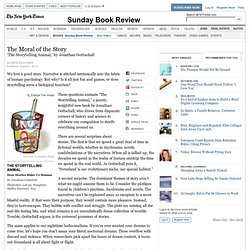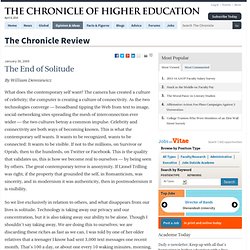

Extra Credit. Writing. Colson Whitehead’s Rules for Writing. Copy of Persuasive Writing by Morgan Harris on Prezi. Outliers. Slaughterhouse-Five. Poetry. Grammar. Mr. Carpenter's Eng. 4 Syllabus. Th 04/17 -- Take a look at this list.

We’ll talk. W 04/16 -- Read SPY 204-225 T 04/15 -- Read SPY 187-203 M 04/14 -- Read SPY 167-186 Th 04/10 -- Read SPY 153-166 W 04/09 -- Read SPY 141-152 T 04/08 -- Read SPY 123-140 M 04/07 -- Start of the Fourth Quarter. Sa 04/05 -- End of the Third Quarter. Th 04/03 -- Read SPY 83-96 W 04/02 -- Read SPY 64-82 T 04/01 -- Read SPY 51-63 M 03/31 -- Read SPY 33-50. Sa 03/29 -- Watch “Spies” (ep. 21) of Cold War (CNN) in class today. Th 03/27 -- Read SPY 19-32 W 03/26 -- Read SPY 1-18. T 03/25 -- Bring John le Carré’s The Spy Who Came in from the Cold (hereafter “SPY”) to class today.
Th 03/06 -- More on chapter four of LTC. W 03/05 -- Today, we’ll start looking at chapter four of LTC, “Increasing Your Employability Quotient.” T 03/04 -- Continue discussion of chapter three in LTC. Th 02/27 -- Finish your poem and submit it by the end of class. W 02/26 -- Continue work on your new “prompted” poem. T 02/18 -- Finish recitations today. You teach the reader that he’s way smarter than he. David Foster Wallace on Literature. ‘The Storytelling Animal,’ by Jonathan Gottschall. These questions animate “The Storytelling Animal,” a jaunty, insightful new book by Jonathan Gottschall, who draws from disparate corners of history and science to celebrate our compulsion to storify everything around us.

There are several surprises about stories. The first is that we spend a great deal of time in fictional worlds, whether in daydreams, novels, confabulations or life narratives. When all is tallied up, the decades we spend in the realm of fantasy outstrip the time we spend in the real world. As Gottschall puts it, “Neverland is our evolutionary niche, our special habitat.” A second surprise: The dominant themes of story aren’t what we might assume them to be. The same applies to our nighttime hallucinations. What do these observations reveal about the function of story? But storytelling may run even deeper than that. This is not a new observation, but nowadays we have a better understanding of why it’s true. Story not only sticks, it mesmerizes. Technology Provides an Alternative to Love. The End of Solitude - The Chronicle Review. By William Deresiewicz What does the contemporary self want?

The camera has created a culture of celebrity; the computer is creating a culture of connectivity. As the two technologies converge — broadband tipping the Web from text to image, social-networking sites spreading the mesh of interconnection ever wider — the two cultures betray a common impulse. Celebrity and connectivity are both ways of becoming known. This is what the contemporary self wants. So we live exclusively in relation to others, and what disappears from our lives is solitude. I once asked my students about the place that solitude has in their lives. To that remarkable question, history offers a number of answers.
Like other religious values, solitude was democratized by the Reformation and secularized by Romanticism. But it is with Romanticism that solitude achieved its greatest cultural salience, becoming both literal and literary. Modernism decoupled this dialectic. I speak from experience.